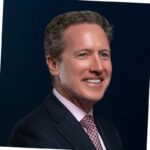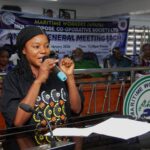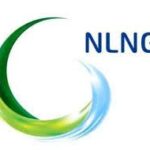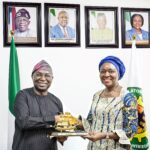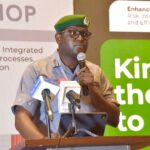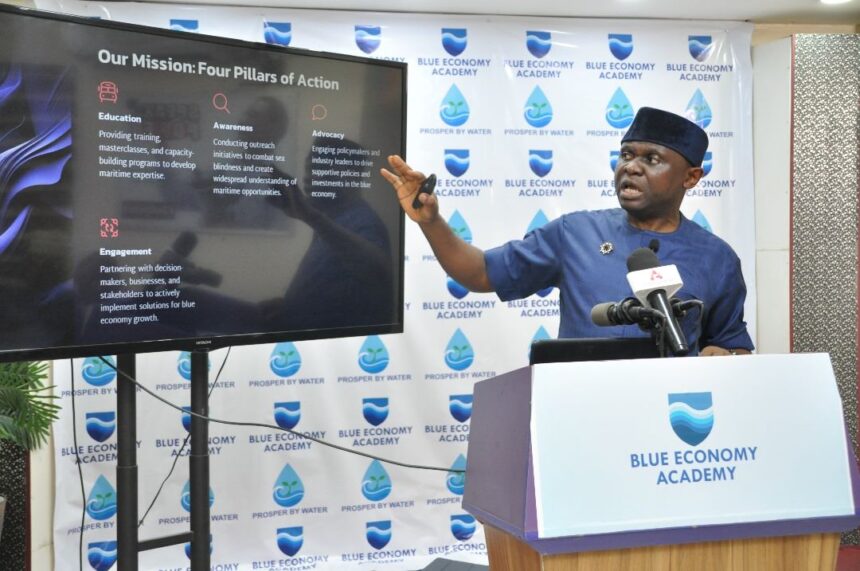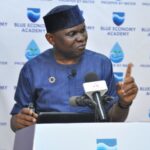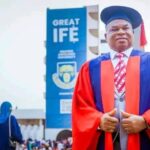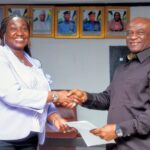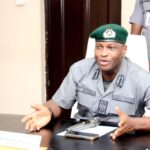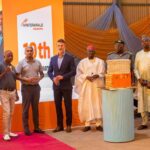By Andrew Utulu
The founder of Blue Economy Academy, Mr. Ubong Essien has averred that the newly launched institution would definitely educate and expose the people on the rich values and the numerous wealth derivable in Nigerian waters.
Ubong made this assertion at the weekend, February 15, 2025, during a media partnership luncheon organised by the Academy in Lagos.
He disclosed that the Academy was coming with greater plans of doing away with sea blindness, and promoting awareness, through engagement with ocean-centric opportunities.
According to Ubong, there was room for advocacy and getting policy makers and industry leaders to drive supportive policies during the course of running programs in the Academy.
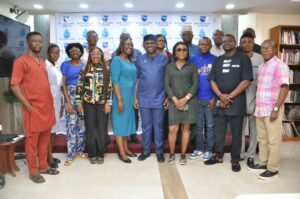
He further explained that if people know more about the sea, their minds will expand and they will begin to interpret their skill.
According to him, the Academy would run its program through what he described as “Ten Buckets of Opportunities or 10 Buckets of Blue Economy.”
The buckets of opportunities and prosperity of Blue Economy, according to him, includes but not limited to blue commerce, Blue bounty; Blue Power, Blue Cities, Blue Capital, Blue Governance and Justice, Blue Nexus, Blue Climate, Blue Talent and Blue Ventures.
Ubong also disclosed that there are programs that would be done which would require visiting one or two states, in addition to requiring a field tour.
He added that there are programs that would last for a month.
He said at the end of the one month, a capstone project would be done.
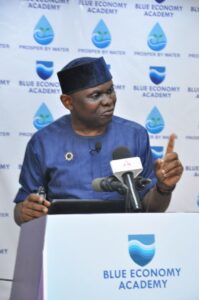
It would be recalled that Mr. Ubong’s experience as Special Adviser on Strategy and Communications to the immediate past Director General of the Nigeria Maritime Administration and Safety Agency (NIMASA), Dr Bashir Jamoh, highlighted the immense potential of Nigeria’s maritime domain and the critical need for skilled professionals to drive its sustainable development. It is with this understanding that the Blue Economy Academy was established. He is also the Dean of the School of Eloquence which has birthed sound public speakers for about twenty years.
“In Nigeria, we are largely sea blind. The level of awareness as to appreciate the value in our waters is so tragically insignificant. Most people don’t even understand the dimensions of what we have.
“In our vision, we say we envision a Nigeria that prospers with water, and in terms of how we want to go about it, we want to eliminate sea blindness.
“Most of the education, with the exception of the Nigerian Ports Authority (NPA) programs and most of the education in the U.S. are what is called function specific. Like what we’ve done here at the School of Eloquence, most of the education is function specific. And if learning under this is going to be function-specific, the best persons to lead would have to be industry experts, giving them the opportunity to share their knowledge and create enough cross-fertilization for ideas to be brought to the fore that could then filter into the policy channel for policy makers to find this permission.
“Nigerians need to know that as a coastal nation, the waters affect them economically and across the world. That is what we mean by nationwide impact.
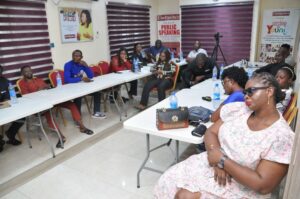
“We created this technology, because in the course of my research, I took some time to develop what would be the framework for how we empower people to do economic knowledge. That’s why we created these 10 buckets and we’ll fetch from 10 buckets.
“We already have the facility in place. And we’re already building the faculty. It is going to be a faculty of what we call industry fellows.” Ubong Essien enthused.

